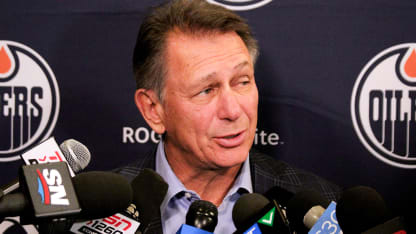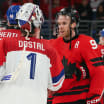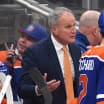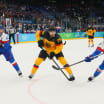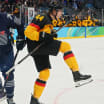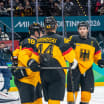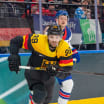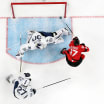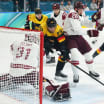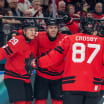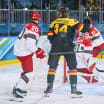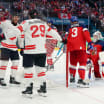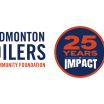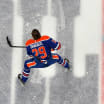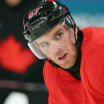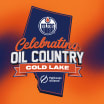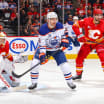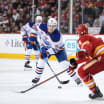"First off, a best-of-five series versus a best-of-seven, obviously things happen way quicker. Someone's going to win Game 1 and someone's going to lose, and Game 2 is almost a must-win. You can win Game 2 and come back and win three in a row but the odds start to get long. The importance of getting off to a good start and at worst being split after two games, as you're starting to find your game. You don't want to start to find your game after you lose the first two. You can totally dominate a game and a goalie can beat you, and you lose that game. Certainly, it's going to happen fast. We're playing Saturday, Monday, Wednesday, Friday, Saturday. Within Saturday to Saturday, someone is moving on and someone is being eliminated. It's going to happen really fast.
